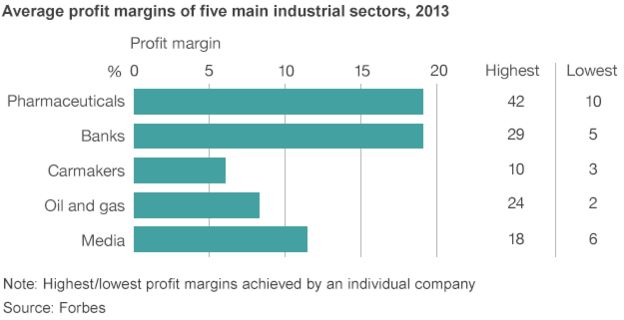You must have me confused with someone else. I'm no Hillary supporter. And what does that have to do with healthcare anyway?You simply do not want to see what a scam health care has become. Answer the question: did you work in health care?You are a willfully ignorant fool. Do you (did you) work in the health care industry or something?It happens way too often jackass. How far do you think your modest self worth would go toward massive medical bills?
Hospitals do not get judgements against people for unpaid bills, they write them off or they are paid by Medicaid or some charity.
No one goes bankrupt just because of medical bills. It just does not happen.
Biggest Cause of Personal Bankruptcies? Medical Bills
If you took the time to actually look at the data you posted you would see that the title is misleading.
What is actually says is that most bankruptcies have some medical bills included. What it also says is that the bulk of the debt is in credit card debt, car payments, mortgages, etc.
What it also does not say is that most medical debt is either written off or paid by Medicaid, medicare, or some charity.
NO one files bankruptcy solely due to medical bills. Stop lying.
No, did you? and what does that have to do with the topic?
I had top secret and SAP security clearances most of my career. So I know that Hillary violated federal law regarding classified data. I know the rules. If I did what she did, I would be typing this in Leavenworth prison.
The reason I want to know whether or not you worked in healthcare is because you carry so much water for them. Maybe you've had government provided healthcare most of your career (and now medicare) and really have no idea how crappy the system has become.



